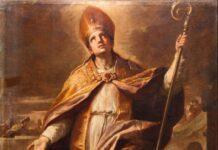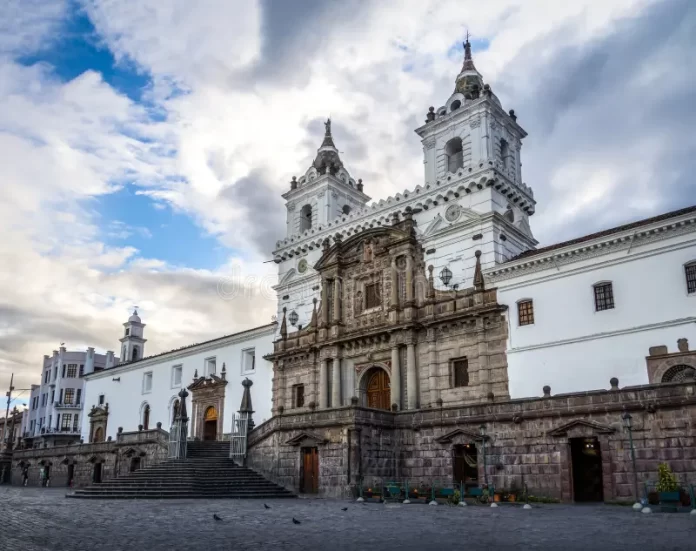The International Eucharistic Congress began this Sunday in Quito, Ecuador, with a Mass where 1,600 children received First Communion for the first time.
Tags: #IEC2024 #EucharisticUnity #FaithInAction
Photo: Vatican News
Editorial (09/09/2024 16:40, Gaudium Press) Thousands of people from various cities in Ecuador gathered on the morning of September 8, 2024, on the esplanade of Bicentennial Park for the opening of the 53rd International Eucharistic Congress, being held in Quito.
The designation of Quito as the host for this gathering of faith was made by Pope Francis, in commemoration of the 150th anniversary of the city’s consecration to the Sacred Heart of Jesus.
Through a video message, Pope Francis said he was happy to participate in this religious event, “even if it is from a distance,” emphasizing the theme of the gathering: “Fraternity to heal the world.”
The opening Mass, which was attended by more than 25,000 people, demonstrated the unity of the Catholic Church, despite its diversity. The proclamation of the word of God was delivered in Spanish, and parts of the Eucharist were mentioned in other languages, to include people from all backgrounds who participated in the Eucharistic Congress.
The Eucharist was concelebrated by the Apostolic Nuncio in Ecuador, Bp. Andrés Carrascosa Coso; the Delegate Bishop of Spain, Most Rev. Leonardo Lemos; Most Rev. David de la Torre, Auxiliary Bishop of Quito, and the Auxiliary Bishop of Sydney, Most Rev. Richard Umbers. Archbishop Alfredo José Espinoza of Quito highlighted in his homily that Quito, the “Carita de Dios” (Little Face of God), as it is affectionately known, will be during this week a “meeting point of all continents, gathered to reflect on and live the great mystery of the Eucharist”.
The prelate invited that, during this International Eucharistic Congress, “we ask the Lord to work in our lives the same miracle he did with the deaf man who could barely speak” and that each one ratify their response to God’s call in their life.
Addressing the 1,600 children who made their First Communion, the prelate said that in the future they could be called Eucharistic missionaries, hoping that they continue to “grow with the awareness that they are called to build fraternity, starting with their own families”.
Highlighting the beautiful sign of the white garments and traditional costumes worn by the children, Archbishop Espinoza recalled that “it is a celebration in which they participate thanks to their parents, grandparents, families and parish communities who have helped them grow in faith”; a celebration that takes on special significance in this context.
“You are making your First Communion in a unique setting, at the opening of this 53rd International Eucharistic Congress. It is a memory that will be engraved in your hearts for the rest of your lives”. The bishop quoted Pope Francis in one of his speeches about this Sacrament: “First Communion is, above all, a celebration in which we celebrate that Jesus wanted to always stay with us and that he will never separate from us,” reminding that, in the case of children coming from different parts of the Archdiocese of Quito, it will be the first time they receive Jesus in their lives. “Today you come to meet Him, but how can you find Jesus?”
Certainly, the bishop continued, “you will be able to find Him, because he made a gesture of immense love to save all men and women of all times and, as Pope Francis affirms, we can find Him in the Eucharist. We do not see him with these eyes, but we see him with the eyes of faith”.
The prelate then invited them to “open their hearts to receive Him with joy and that the encounter with Him in the Eucharist, which they will receive for the first time, leads them to know how to share, dream, thank, trust and honor others”.
Making First Communion is wanting to be more united to Jesus every day, to grow in friendship with Him and that others may also enjoy the joy that He wants to give us”; because, as the Pope assures, “the Lord needs you to be able to perform the miracle that His joy reaches many of your relatives and friends”.
Compiled by Gustavo Kralj




































